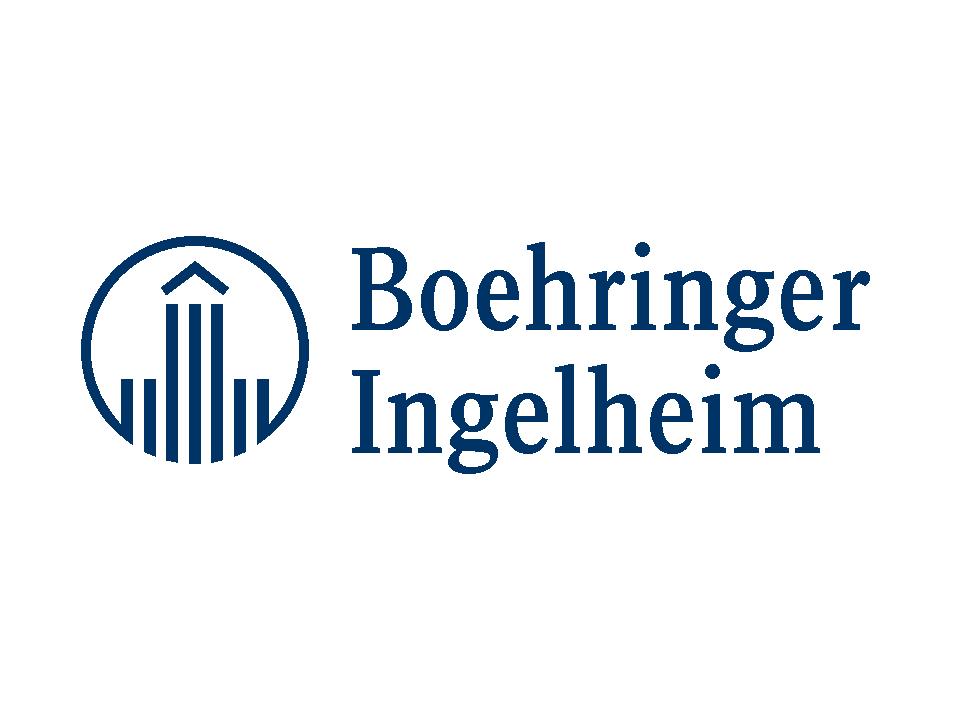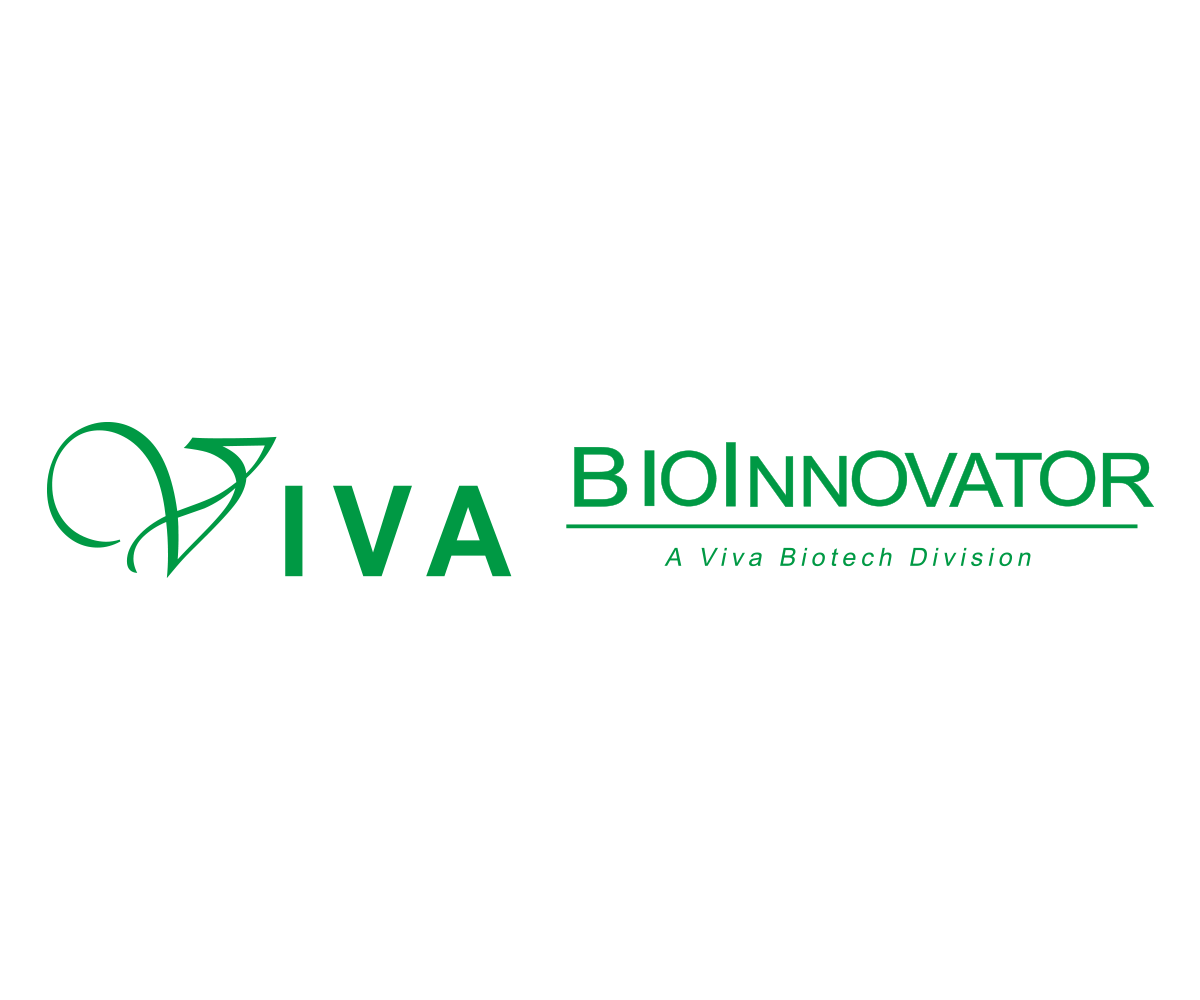;)
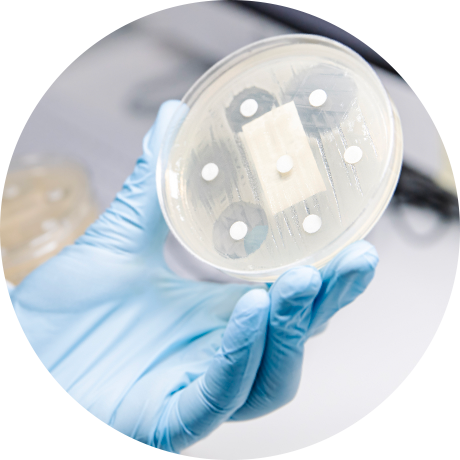
Our Mission and Why We Started ArrePath
ArrePath was founded upon the mission to discover new and differentiated classes of anti-infectives to address antimicrobial resistance (AMR) through the application of state of the art technologies and novel strategies.
We apply world-class science and innovation in imaging and AI / ML technologies to identify and develop novel drugs to address global health issues.
Our advanced machine learning (ML) and imaging-based drug discovery platform enables a rapid and efficient identification of new drug classes with desired activity profiles and clinical utility, coupled with a deep understanding of mechanism of action at the outset of the discovery process.
ArrePath's Team
ArrePath brings together world-class scientists and experts in drug discovery, microbiology, microscopy, and data science with a shared goal to develop life-saving anti-infectives.

Alita Miller, Ph. D.
Chief Scientific Officer

Alita Miller, Ph. D.
Chief Scientific Officer
Alita is an expert in antibacterial discovery and development with over 20 years of experience in the field. Prior to joining ArrePath, she was Senior Vice President of Biology at Entasis Therapeutics, a company dedicated to the discovery and development of novel antibacterial agents to treat serious infections by resistant Gram-negative bacteria. At Entasis, Alita oversaw both preclinical biology and developmental microbiology research and played a key role in the development of Xacduro, which was FDA-approved in 2023. Prior to Entasis, Alita was first at Pfizer where she led both large and small molecule antibacterial discovery projects and then at AstraZeneca, where she was Head of Microbial Genetics and Genomics. She has served on numerous NIAID review panels and Scientific Advisory Boards related to the field.
Alita obtained a BA in chemistry from Kalamazoo College and worked as a chemist at both Merck and Eli Lilly before obtaining a PhD in Biochemistry and Molecular Biology from the University of Chicago. Her postdoctoral training was in the DiRita lab at the University of Michigan characterizing the molecular drivers of pathogenesis in Streptococcus pyogenes.
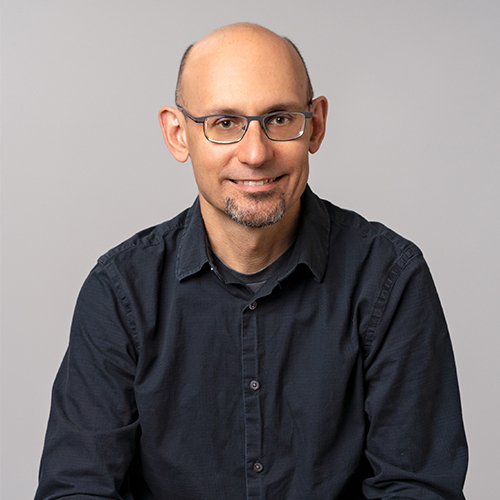
Kurt Thorn, Ph. D.
Chief Technology Officer

Kurt Thorn, Ph. D.
Chief Technology Officer
Kurt is a leader in the field of imaging and data sciences and , prior to joining ArrePath, was Senior Director Data Science at Zymergen, where he oversaw the building of a wide variety of data science tools, including statistical models for analysis of high throughput screening and fermentation data, recommendation algorithms for protein sequences catalyzing desired enzymatic functions and prediction of beneficial genetic edits for strain engineering, and chemical machine learning for predicting molecular properties from chemical structures.
Prior to Zymergen, Kurt spent 11 years at UCSF as an adjunct professor and director of the Nikon Imaging Center at UCSF/QB3, a highly successful light microscopy core facility, with 300 annual users and 40 papers published per year. He also ran an NIH-funded research lab that focused development of an integrated microscopy and microfluidic platform to enable highly multiplexed biochemical assays.
Kurt earned a bachelor’s degree in chemistry from Princeton University and a PhD in biophysics from UCSF, where he studied kinesin motility using single molecule imaging. Following UCSF, he was a fellow at the Bauer Center for Genomic Research at Harvard University, where he developed in vivo FRET bioassays.
Board
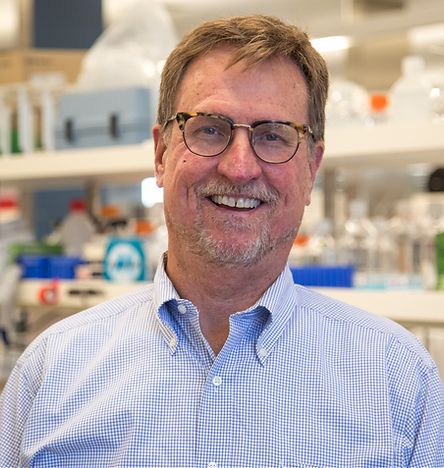
Michael Dudley, PharmD
Chairman of Board

Michael Dudley, PharmD
Chairman of Board
Dr. Dudley is currently President, CEO, and co-Founder of Qpex Biopharma in San Diego, CA. Qpex Biopharma now operates as a Shionogi Group Company in antiinfective drug discovery and development following its acquisition by Shionogi Inc. in 2023. He has over 30 years of experience in anti-infective R&D and commercialization. In 2018, he led the Series A financing for Qpex and acquisition of the preclinical programs from The Medicines Company. He has overseen R&D and regulatory approval of multiple anti-infectives, including most recently meropenem-vaborbactam (Vabomere) from a novel class of boronate beta-lactamase inhibitors that progressed from discovery to FDA approval in < 8 years. He was CSO of Rempex when it was acquired by The Medicines Company (MDCO), where he remained as co-leader of the Infectious Disease Business Unit.
Mike has lead negotiations for multiple public-private partnerships (e.g., BARDA; EU’s Innovative Medicines Initiative) for over $190 million to advance the development of antimicrobial agents in the US and Europe. Before Rempex/MDCO, he held leadership positions of increasing responsibility at Mpex, Diversa, and Microcide. Prior to his career in industry, he held academic appointments at the University of Rhode Island College of Pharmacy and Brown University School of Medicine. He has published over 140 scientific papers/book chapters on the evaluation and clinical use of antiinfectives. He completed undergraduate work at Pepperdine University, his PharmD and residency from the University of California San Francisco (UCSF), and a fellowship in infectious diseases at Hartford Hospital.
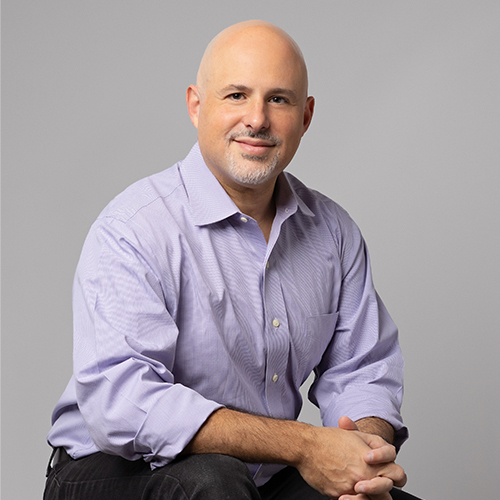
Zemer Gitai, Ph. D.
Founder and Chair, SAB
Edwin Grant Conklin Professor of Biology, Professor of Molecular Biology, Princeton University

Zemer Gitai, Ph. D.
Founder and Chair, SAB
Edwin Grant Conklin Professor of Biology, Professor of Molecular Biology, Princeton University
Zemer is a leader in applying quantitative and computational approaches to bacterial cell biology and antibiotic development. He graduated with a bachelor’s degree from MIT in 1996, completed his graduate studies at UCSF in 2002, and joined the faculty of Princeton University in 2005 after completing a postdoc at Stanford University. At Princeton, Dr. Gitai was promoted to Associate Professor with tenure in 2012 and to Professor in 2015. In 2016 he became the Edwin Grant Conklin Distinguished Professor of Biology. He was also the Director of Graduate Studies for the Department of Molecular Biology from 2012-2018. Dr. Gitai’s achievements have been recognized by many prestigious awards, including the NIH Director’s Pioneer Award, the NIH New Innovator Award, the NIH Transformative Research Award, the Beckman Young Investigator Award, and the HFSP Young Investigator Award.

Dylan Morris
Managing Director, Insight Partners

Dylan Morris
Managing Director, Insight Partners
Dylan Morris is a Managing Director at Insight. He joined the firm in 2021 to focus on investments in computational biology. Dylan was previously a general partner at CRV, where he built the bioengineering practice, leading the firm’s investments in Dyno Therapeutics, Recursion Pharmaceuticals, and Plexium, among others. Prior to CRV, Dylan invested at Innovation Endeavors, Eric Schmidt’s early stage venture capital firm, where he drove investments in companies operating at the intersection of data science and life science.
Before becoming an investor, Dylan cofounded Integrated Plasmonics, a venture-backed point-of-care diagnostics startup. Prior to that, he conducted graduate research in biochemistry and molecular biophysics at Caltech, where he co-authored multiple peer-reviewed publications. Dylan received his A.B. in Computer Science from Harvard University.
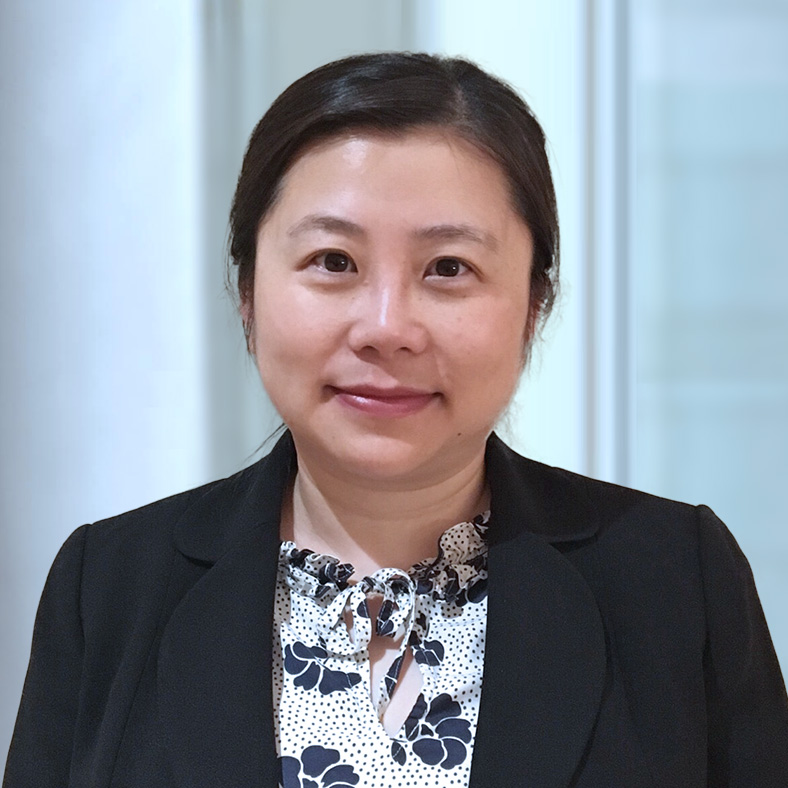
Fei Shen, Ph. D.
Managing Director, Boehringer Ingelheim Venture Fund USA

Fei Shen, Ph. D.
Managing Director, Boehringer Ingelheim Venture Fund USA
Fei received her Ph.D. in Neuropharmacology from Loyola University Chicago Stritch School of Medicine and a B.Sc in Biochemistry from East China University Science & Technology. In 2007, she started her industrial career at Theravance Biopharma as an in vivo pharmacologist and led a lab in driving multiple research projects from exploratory, lead optimization to development candidate nomination, including TD-1473 in Ulcerative Colitis, Ampreloxetine in Fibromyalgia, Velusetrag in Gastroparesis, TD-8954 in Post-operative Gastrointestinal Dysfunction. In 2015, she joined Boehringer Ingelheim Pharmaceuticals Inc. Global Immunology and Respiratory Disease Research in Ridgefield where she started as a Laboratory Head and became the Head of in vivo Pharmacology group in 2016. From 2015 to 2020, before joining the BI Venture Fund, Fei led a group of ~20 in vivo pharmacologists supporting the Immunology and Respiratory Portfolio for small molecule, antisense and antibody projects.

Venkat Srinivasan, Ph. D.
Managing Director, Innospark Ventures

Venkat Srinivasan, Ph. D.
Managing Director, Innospark Ventures
Venkat Srinivasan is a serial entrepreneur and investor. Innospark Ventures is an evergreen venture fund investing in early stage AI led startups. He brings deep expertise in AI and computational algorithms to the firm, especially natural language understanding, combined with deep functional knowledge in multiple domains including operations research, finance and accounting. He has founded several successful AI-led startups, including eCredit, Corporate Fundamentals and Rage Frameworks. More recently he has founded EnglishHelper (using AI to solve illiteracy at scale), Gyan.AI (first explainable natural language understanding engine), Creda Health (Digital Health Assistant for continuum of care) and PrismX (automated software development platform).
Venkat was honored with a Lifetime Achievement Award by The Indus Entrepreneurs [TiE] in 2017 (http://bit.ly/2j5ElGG). Dr. Srinivasan holds 9 patents, has published over 30 research papers in prestigious peer-reviewed journals, has co-edited two books and is the author of a book titled, The Intelligent Enterprise in the Era of Big Data (Wiley, 2017). Venkat has strongly advocated for and believes that successful AI-led transformation will be characterized by explainability, traceability, context awareness and the ability to learn from sparse data environments.
Prior to his entrepreneurial career, Venkat served as an Associate Professor at the D’More-McKim School of Business at Northeastern University.
SAB and Advisors

Zemer Gitai, Ph. D.
Founder and Chair, SAB
Edwin Grant Conklin Professor of Biology, Professor of Molecular Biology, Princeton University

Zemer Gitai, Ph. D.
Founder and Chair, SAB
Edwin Grant Conklin Professor of Biology, Professor of Molecular Biology, Princeton University
Zemer is a leader in applying quantitative and computational approaches to bacterial cell biology and antibiotic development. He graduated with a bachelor’s degree from MIT in 1996, completed his graduate studies at UCSF in 2002, and joined the faculty of Princeton University in 2005 after completing a postdoc at Stanford University. At Princeton, Dr. Gitai was promoted to Associate Professor with tenure in 2012 and to Professor in 2015. In 2016 he became the Edwin Grant Conklin Distinguished Professor of Biology. He was also the Director of Graduate Studies for the Department of Molecular Biology from 2012-2018. Dr. Gitai’s achievements have been recognized by many prestigious awards, including the NIH Director’s Pioneer Award, the NIH New Innovator Award, the NIH Transformative Research Award, the Beckman Young Investigator Award, and the HFSP Young Investigator Award.

Todd A. Black, Ph. D.
SAB Member
Senior Director of Biology for the Global Alliance for TB Drug Development

Todd A. Black, Ph. D.
SAB Member
Senior Director of Biology for the Global Alliance for TB Drug Development
Prior to joining the TB Alliance in early 2021 to focus on development of new therapies for tuberculosis, Todd was Executive Director for Merck’s Infectious Diseases and Vaccines Basic Research group. He has over 25 yrs of experience working on the discovery and development of novel therapies for infectious diseases at Novartis, Schering-Plough and Merck. Todd and his research teams have supported the discovery and development of a variety therapies for prevention and treatment of infectious diseases, including new classes of antibiotics, antifungals for invasive infections, HIV and HCV antivirals, new classes of agents for treating and preventing recurrent C. difficile infections, in addition to vaccines to prevent prevalent respiratory and invasive infections. Todd’s passion has been on the prevention and treatment of emerging pathogens including multi-drug resistant bacteria and other emerging pathogens. Todd earned his Ph. D. in Biochemistry at Michigan State University/DOE Plant Research Laboratory.

Connor W. Coley, Ph. D.
SAB Member
Henri Slezynger (1957) Career Development Assistant Professor in Chemical Engineering at MIT

Connor W. Coley, Ph. D.
SAB Member
Henri Slezynger (1957) Career Development Assistant Professor in Chemical Engineering at MIT
Connor W. Coley is an Assistant Professor at MIT in the Department of Chemical Engineering and the Department of Electrical Engineering and Computer Science. He received his B.S. and Ph.D. in Chemical Engineering from Caltech and MIT, respectively, and did his postdoctoral training at the Broad Institute. His research group at MIT develops new methods at the intersection of data science, chemistry, and laboratory automation to streamline discovery in the chemical sciences with an emphasis on therapeutic discovery. Key research areas in the group include the design of new neural models for representation learning on molecules, data-driven synthesis planning, in silico strategies for predicting the outcomes of organic reactions, model-guided Bayesian optimization, and de novo molecular generation. Connor is a recipient of C&EN’s “Talented Twelve” award, Forbes Magazine’s “30 Under 30” for Healthcare, the NSF CAREER award, and the Bayer Early Excellence in Science Award.
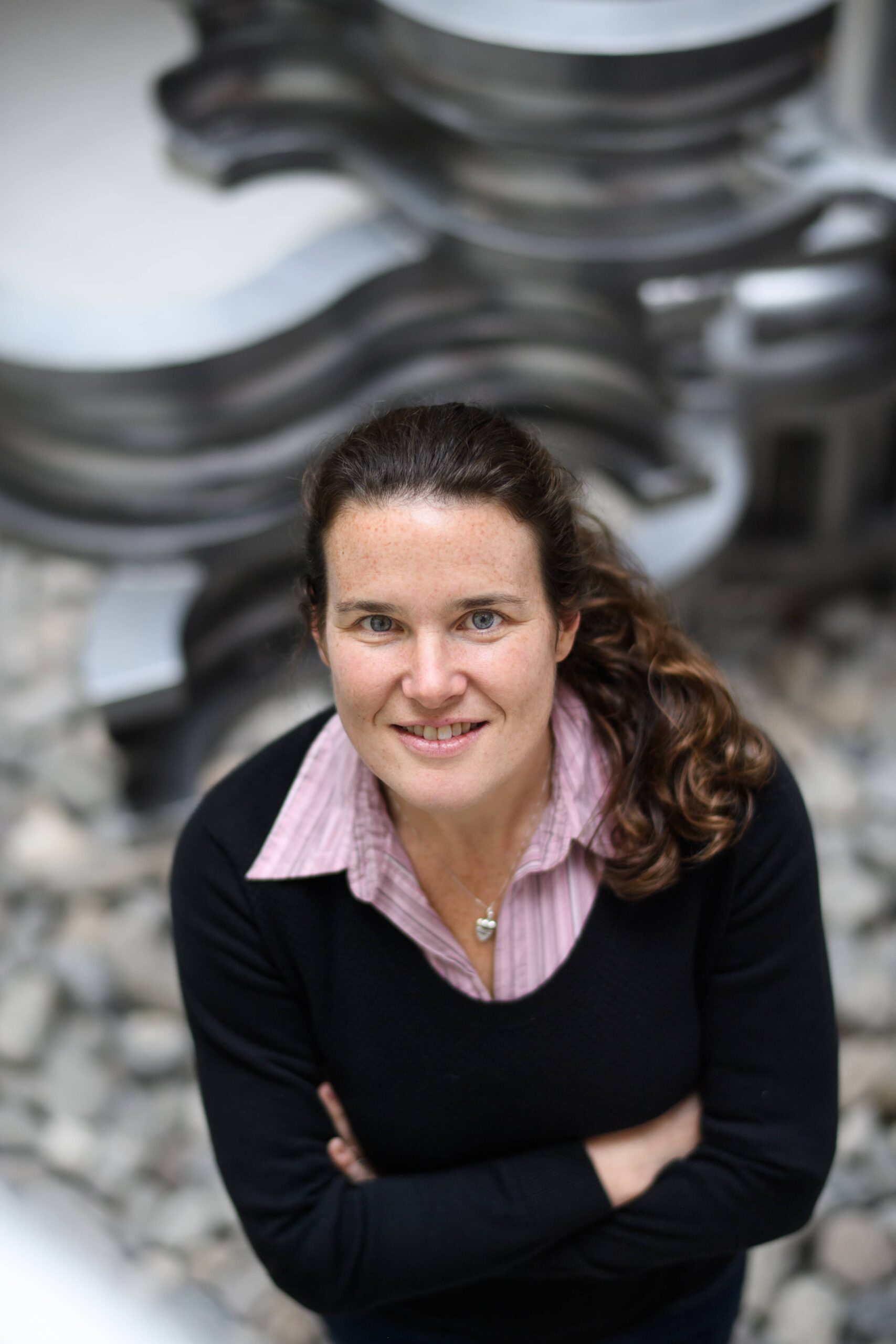
Barbara E. Engelhardt,
Ph. D.
SAB Member
Professor of Computational Biology, Stanford University, Department of Biomedical Data Science
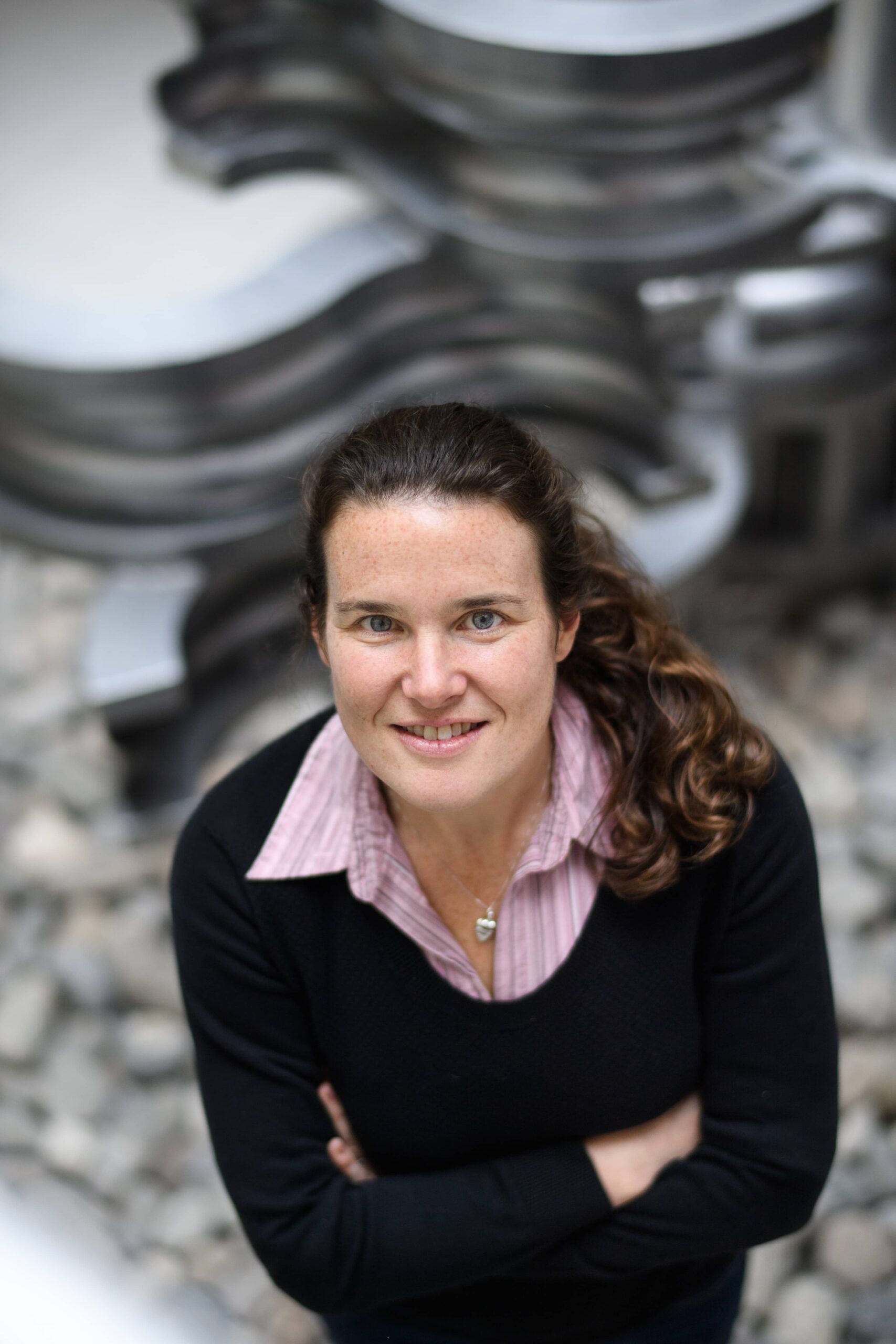
Barbara E. Engelhardt,
Ph. D.
SAB Member
Professor of Computational Biology, Stanford University, Department of Biomedical Data Science
Barbara E Engelhardt is a Senior Investigator at Gladstone Institutes and Professor at Stanford University in the Department of Biomedical Data Science. She received her B.S. (Symbolic Systems) and M.S. (Computer Science) from Stanford University and her PhD from UC Berkeley (EECS) advised my Prof. Michael I Jordan. She was a postdoctoral fellow with Prof. Matthew Stephens at the University of Chicago. She was an Assistant Professor at Duke University from 2011-2014, and an Assistant, Associate, and then Full Professor at Princeton University in Computer Science from 2014-2022. She has worked at Jet Propulsion Labs, Google Research, 23andMe, and Genomics plc. In her career, she received an NSF GRFP, the Google Anita Borg Scholarship, the SMBE Walter M. Fitch Prize (2004), a Sloan Faculty Fellowship, an NSF CAREER, and the ISCB Overton Prize (2021). Her research is focused on developing and applying models for structured biomedical data that capture patterns in the data, predict results of interventions to the system, assist with decision-making support, and prioritize experiments for design and engineering of biological systems.
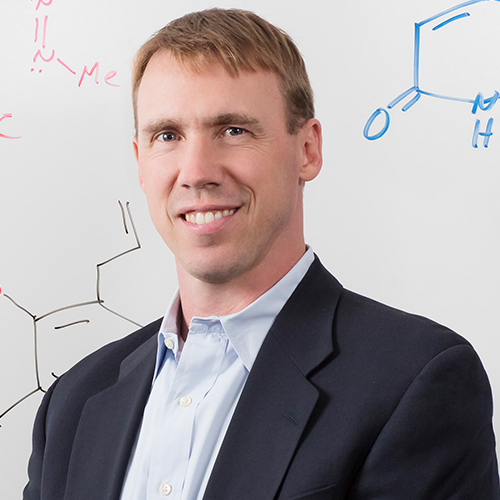
Paul J. Hergenrother, Ph. D.
SAB Member
Kenneth L. Rinehart Jr. Endowed Chair in Natural Products Chemistry, and Professor of Chemistry at the University of Illinois Urbana-Champaign

Paul J. Hergenrother, Ph. D.
SAB Member
Kenneth L. Rinehart Jr. Endowed Chair in Natural Products Chemistry, and Professor of Chemistry at the University of Illinois Urbana-Champaign
Paul J. Hergenrother attended the University of Notre Dame, where he received his B.S. in Chemistry in 1994. From there Paul moved to the University of Texas at Austin, to conduct graduate research under the direction of Professor Stephen F. Martin. He graduated with his PhD in Chemistry in 1999, and moved on as an American Cancer Society postdoctoral fellow to Harvard University, where he worked in the laboratory of Professor Stuart L. Schreiber in the Department of Chemistry and Chemical Biology.
Paul established his own laboratory in the Department of Chemistry at the University of Illinois at Urbana-Champaign in 2001 and in 2013 was named the Kenneth L. Rinehart Endowed Chair in Natural Products Chemistry. The Hergenrother lab works on the discovery of new antibacterials where his group has developed predictive guidelines for compound accumulation in Gram-negative pathogens. Paul’s lab has also discovered anticancer compounds including ErSO, with potent activity against ER+ breast tumors. Professor Hergenrother led the team that developed a novel saliva-based assay for SARS-CoV-2, a simple protocol that bypasses the need for RNA isolation and as such is inexpensive, returns rapid results, and can be used on scale. The University of Illinois administered over 1,000,000 of these tests on its campus during Fall 2020, typically testing ~10,000 people a day, and this test is now widely used throughout the state, country and world.
Professor Hergenrother has been the recipient of an NSF-CAREER Award, a Research Corporation Research Innovation Award, a Beckman Young Investigator Award, an Alfred P. Sloan Foundation Fellowship, the GlaxoSmithKline Chemistry Scholar Award, the ACS David Robertson Award for Excellence in Medicinal Chemistry, the Camille Dreyfus Teacher-Scholar Award, the ACS Eli Lilly Award in Biological Chemistry, was named as an American Cancer Society Research Scholar, was named by Technology Review magazine as one of the top innovators under the age of 35, and was the recipient of the 2016 Innovation Transfer Award from the University of Illinois. More recently he was named as the recipient of the 2016 UCB-Ehrlich Award for Excellence in Medicinal Chemistry, of the 2016 Akron Section Award from the ACS, a 2017 ACS Arthur C. Cope Scholar Award, and the 2018 ACS Sosnovsky Award for Cancer Research. Most recently he was named as a Fellow of the National Academy of Inventors.
At the University of Illinois Professor Hergenrother is the Leader of the IGB Theme “Anticancer Discovery from Pets to People”, and is the Director of the NIH Chemistry-Biology Interface Training Grant, and is Deputy Director of the Cancer Center at Illinois. Professor Hergenrother has served or serves on the editorial board/editorial advisory board for multiple journals, including ACS Central Science, Current Opinion in Chemical Biology, Journal of Medicinal Chemistry, Organic Reactions, and ChemBioChem. The Hergenrother laboratory seeks to use small molecules to identify and validate novel targets for the treatment of intractable diseases, including cancer and multi-drug resistant bacteria.

